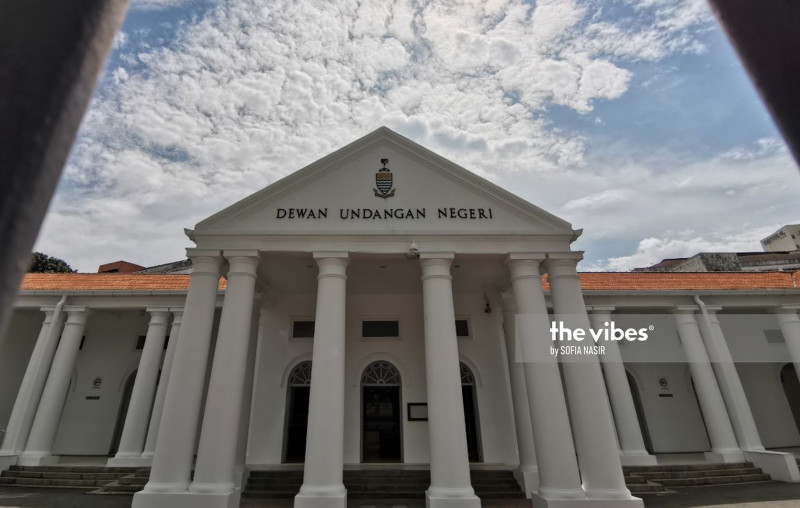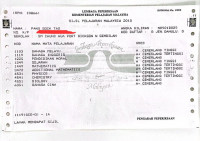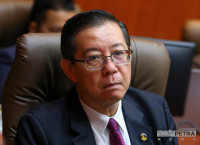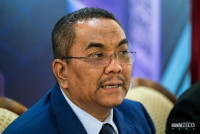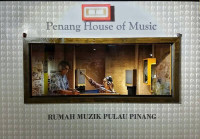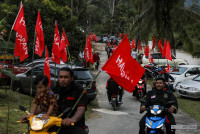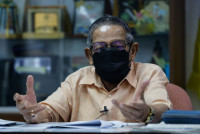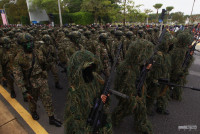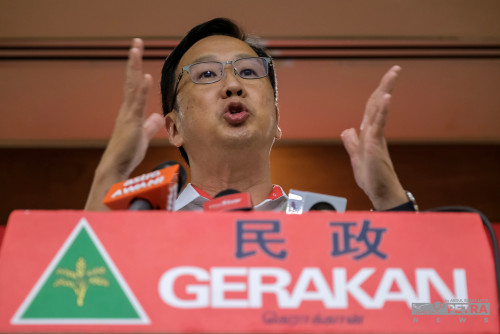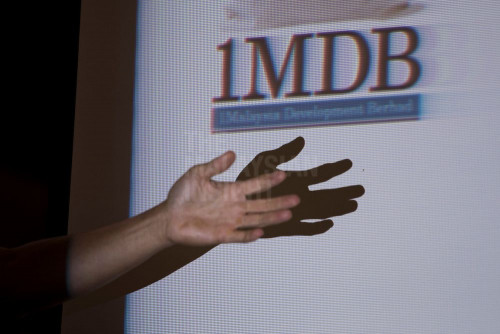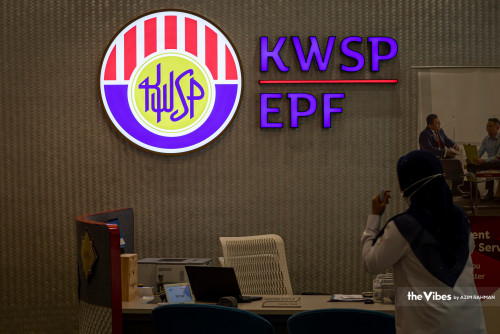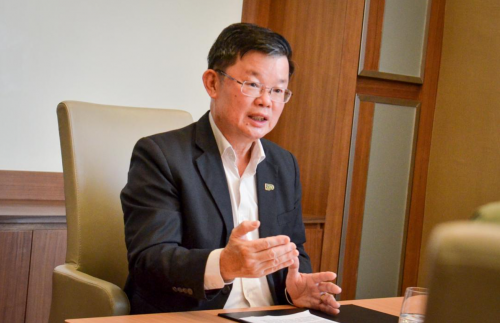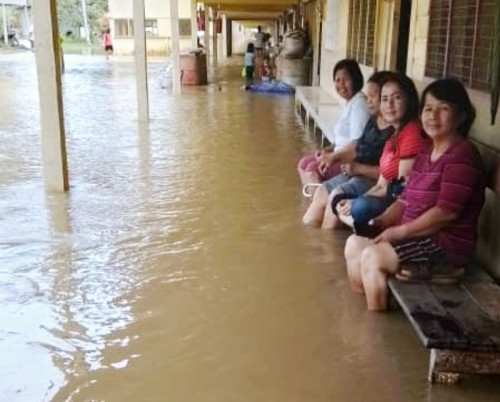THOSE who attended the inaugural media briefing of the opposition immediately after the electoral victory of DAP and its partners in Penang around 14 years ago would probably be fined for infringing standard operating procedures if the event had been held today.
In 2008, a crowd of people would be a welcome sight. But today, it would be shunned due to the Covid-19 virus, which has taken close to 2,000 lives in the state. The notion of physical or social distancing was not heard of then.
The room then was so full that all protocol was lost. Even the prospective deputy chief minister, Muhammed Fairus Khairuddin of PKR, could not find a seat.
Anyway, the oracles were never with Fairus, a former factory manager who would later quit his government position due to a fallout with the coalition just over a year later.
His tenure was then believed to be among the shortest in Malaysia’s political history, although events in the past two years have made it pale in comparison.
The pact, now known as Pakatan Harapan, has come to rule Penang for 14 years.
But the question on the lips of the average voter is whether it has learnt anything from governing a diverse state like Penang.
There are signs that PH may be taught a future lesson or two by a restless electoral pool because of hardship in weathering the pandemic and an economic depression, in addition to some unkept promises.
As Penang prepares for the next election, it is a war which can easily be lost if infighting prevails.
Can DAP, following the footsteps of its perpetual rival Gerakan, be voted out of Penang in the upcoming general election?
Among Gerakan’s excuses for losing the plot in the last three elections were infighting, the inability to find new talent, and exorcising a widely held perception of being subservient to Umno in Barisan Nasional.
Does PH share the same fate? Not really. There are talents within PH, and DAP is surely not inferior to partners PKR and Amanah. But infighting might be brewing.
It has become an open secret that the PH of today in Penang is not as cohesive as it likes to be, with cliques and temptations from rivals BN and Perikatan Nasional, and with upstarts Muda and Warisan waiting to pounce.
Politics in 2008 was simple – one government of BN and one of the opposition, Pakatan Rakyat (PH’s precursor).
Today, a more complicated scenario faces Malaysia. Adding fuel to the fire of the triple crisis of politics, healthcare and economy is another problem – climate change.
Any one of the four problems can set the country backwards for decades if not handled as effectively as possible.
But to be fair, Penang has made some inroads: a cleaner landscape, and the completion of the first phase of the nation’s highest elevated highway by the Penang Island City Council (MBPP), while its status as the Silicon Valley of the East continues to be upheld.
MBPP is also believed to be the first council in the country to construct a highway, while the state’s popularity as a gastronomic haven is second to none.
While the figures herald growth towards a gradually reopening economy, there is always a disconnect between what is on paper to what happens in real life.
Despite the growth figures constantly quoted by the leaders, the average person here expresses worry, especially when the inflation rate does not reflect rising living costs.
Gerakan vice-president Baljit Singh is standing firm, believing that the answer lies in lowering production costs, not simply driving up wages.
Leaders in Penang would conveniently attribute the blame to the ineptitude of the federal government, but such a blame game is no longer acceptable. People want solutions.
A lesson to learn after serving Penang for the past 14 years is that leadership is no longer just about preaching the right things but doing it, as the four crises are real.
Here, the state needs to act with a priority list. They should first cut out the infighting, partner with like-minded individuals rather than tolerating warlords, who would easily become turncoats in the future.
Address climate crises, come out with green policies
The uneven pattern of development between the island and the mainland needs attention. It gives rise to the perception that there is a huge divide among the diverse communities here, resulting in polarisation taking place in society.
In the past 14 years, Penang has had two chief ministers – the outspoken Lim Guan Eng and the low-key Chow Kon Yeow.
At the same time, there have been four politicians on the seat of deputy chief minister I – Fairus, followed by Datuk Mansor Othman, Datuk Mohd Rashid Hasnon, and now Datuk Zakiyuddin Abdul Rahman.
Of the four, only Zakiyuddin remains with PH. The other three have moved to other parties.
The exception to the trend is Deputy Chief Minister II P. Ramasamy, who has remained in the same post for the past 15 years, and who has equally weathered accolades and criticisms levelled at him.
Climate change in Penang needs also needs to be mediated in the same breath as the proposed reclamation projects, the mammoth Penang Transport Master Plan, and the nearly completed expansion of Gurney Drive.
Already, there are claims of soil erosion happening in sensitive ecological areas such as the Batu Ferringhi tourism belt and shorelines at Balik Pulau and Tanjung Bungah.
Should people just wait for the reclamation and the transport master plan to be completed to mitigate traffic congestion, or can something be done now?
Penang has its own Vision 2030, but most people are preoccupied with the situation now. The pandemic, murky politics and poor healthcare have blurred their vision.
The road ahead is tough, made worse by a Russia-Ukraine conflict. If it is a government willing to learn and adapt fast to the changing world, then PH may earn the right to celebrate its 15th anniversary rule over Penang. – The Vibes, March 8, 2022



